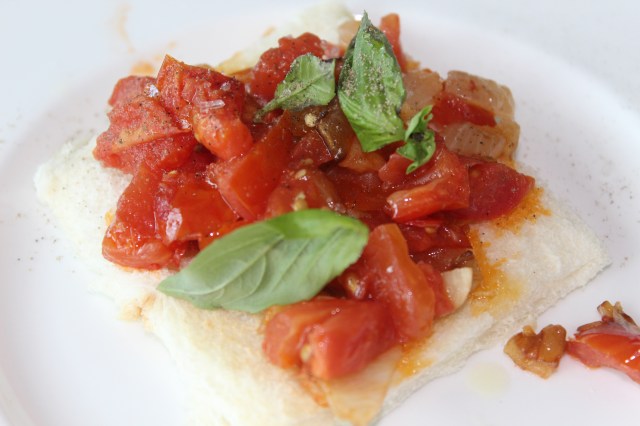My 60 kg 16-year-old daughter is strictly a carnivore. She eats greens under sufferance, namely to neutralise the acidity of the meat she eats. She often blitzes these greens up into a smoothie, fibre and all, and chugs them down. I have her sports to thank for that. As a footballer playing in high level, demanding international tournaments, she has been taught how to pay close attention to her diet. She herself can see the consequences of not eating well.
Since commencing football training four days a week and following a professional programme, she has filled out nicely from a skinny 14-year-old into a powerfully built 16-year-old:

Georgina has an informed and healthy attitude towards food (she does not drink, do drugs, smoke or stay out late because of the strict Academy rules) though she eats more meat than I would like.
I, on the other hand, love my greens. I could eat salads all day, fresh greens with just a light, homemade dressing. I would rather my family just eats greens, no meat. Indeed, in my militant vegetarian days in my misguided youth, I used to enforce a no-meat policy in the house. Looking back with hindsight, I realised it was the wrong decision in my household as a family who values kindness and Self very highly. I should not have tried to impose my ‘right beliefs’ on my loved ones, in the mistaken belief that I know what is best for them.
These days, I honour my family’s tastes and choices, but at the same time, I integrate my own wishes and likes into the food I make. I strongly believe that food is a two-way respect thing, not a warring turf. Unfortunately it has been that way in many families for decades – food has been used as an emotional blackmail tool and we often have unhealthy relationships with food stemming from our childhood battles with our parents and from our parents’ unhealthy attitude towards food.
Georgina has several friends who suffer eating disorders in varying degrees of severity, a couple of them requiring hospitalisation. The biggest tragedy is one who lost her life to anorexia. I do not think good eating habits alone can prevent this, but I do believe that good eating habits fostered at a young age goes a long way towards keeping children healthy. Here are my tried-and-tested tips:
(1) Never fight over food. That’s why it is important to exert your authority in this matter when your children are still young.
(2) Introduce children to a wide variety of food at a very young age. I don’t believe in cooking special food for 1-year-olds. They do not need special porridge or special bland food. They can eat what we do and they jolly well should. Just be careful about fish bones and small things like peas and sweetcorn that are choking hazards, and ensure that there is not too much salt in foods.
(3) Terrible Twos is the stage when food battles begin. This is the time to manage it right. Never allow a toddler to win the battle of wills. Be firm (but not unkind or dramatic). When I was in my early twenties, I had three children under 5 years old and was a full time student at University. There was no way I had the time or the patience to pander to food squabbles. My children simply had to eat what was on the plate. No force-feeding and no chasing toddlers with food either. Make the dining table a fun and happy place to be and everybody will eat well.
(4) If they choose not to eat then they can go to bed hungry. They won’t die or suffer malnutrition overnight.
(5) Foster good eating habits in the home.
(6) No snacking in between meals.
(7) Ensure that children understand the consequences of their food choice but no empty threats (for example, if you don’t eat carrots, you will die).
(8) With older children, have a dialogue with them. No drama. I respect your food choices, now you have to respect mine. It is give and take always, as is everything in life.
Here’s my burger, loaded with nuts, seeds and vegetables:






